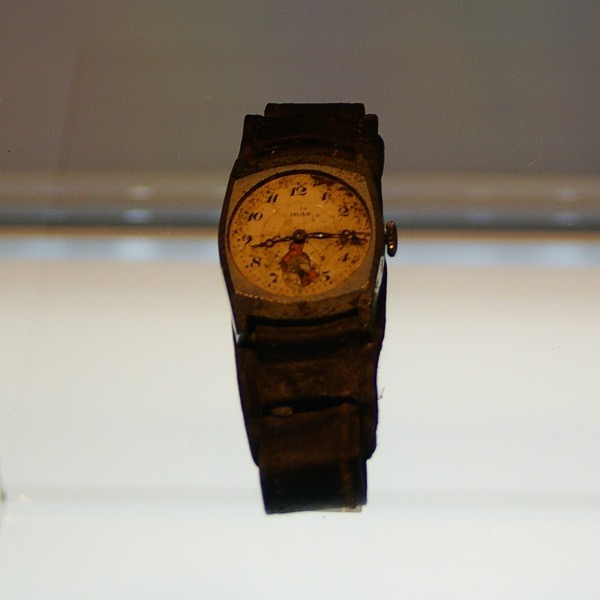
Belle

Humans are complex beings. The movie “Belle” (director Amma Assante) explores human complexity, particularly as it manifests in everyday human relationships.
The movie is set in the late eighteenth century at the height of the transatlantic slave trade. Dido Elizabeth Belle (played by Gugu Mbatha-Raw) is the central character of the movie. She was born into slavery, but her father, Captain John Lindsay, was the nephew of the Lord Chief Justice William Murray (Earl of Mansfield). By this chance of fate, Dido escaped a life of slavery and was brought up instead in British high society – as part of the Lord Chief Justice’s household.
The movie explores what life may have been like for her. How did her origins affect her? How did she affect those around her? The complexities of class, ethnicity, racism, gender and idealism play out for this unusual household. These are the issues the movie explores.
Her benefactor, Mansfield, is most well known for legal decisions that greatly influenced the eventual end of the slave trade.
How could Mansfield, steeped in the traditions, assumptions and societal structures which had produced the slave trade and sustained it for 200 years reach rulings that struck at its heart? What enabled him to set out in a direction at odds with a trade that had grown into a major national institution? Did his relationship with Dido – someone in all likelihood regarded as a beloved daughter – contribute to a revolution in thought and practice?
It is of course no accident that history failed to record the details of Dido’s life, thoughts and actions. Even had she not been the daughter of a slave, she lived at a time when women’s stories were rarely told.
What we know is that in the 1772 Somerset case, Mansfield struck down slavery in England itself:
The state of slavery is of such a nature that it is incapable of being introduced on any reasons, moral or political, but only by positive law [i.e. statute], which preserves its force long after the reasons, occasions, and time itself from whence it was created, is erased from memory. It is so odious, that nothing can be suffered to support it, but positive law. Whatever inconveniences, therefore, may follow from the decision, I cannot say this case is allowed or approved by the law of England; and therefore the black must be discharged.

However this decision only had effect with respect to whether an individual could be removed from England as a fugitive slave. The slave trade itself was left untouched.
Mansfield was also to play a role in the notorious Zong case. The latter case involved the question of whether insurance would be paid to a shipping syndicate whose ship’s crew had thrown around 140 slaves overboard during a slave trading voyage. The slaves were unfit to sell had they survived the journey to the Americas. The insurers refused to pay for “spoiled cargo” arguing among other things that the reality was an insurance fraud and that necessity could never justify the killing of innocent human beings. The case was notorious for dealing with human beings as spoiled cargo whose lives were without importance. Mansfield’s words:
[The jury] had no doubt (though it shocks one very much) that the Case of Slaves was the same as if Horses had been thrown over board …
These are the words of someone who had the capacity to see slaves as human beings. He seemed to be surprised that the jury in the case did not share the same insights.
Although abolitionists sought to initiate criminal action against those involved in the killing of the slaves, those efforts were unsuccessful. With time, their work was to bring down the slave trade.
Belle is concerned with the lives of individuals caught up in these events. It is well worth watching and is one of a number of dramatic accounts connected with the slave trade that have emerged in recent years following the bicentennial of the abolition of the slave trade in Great Britain. Among them are: Amazing Grace and Twelve Years a Slave.
The division of human beings into citizen and non-citizen is so well established in our own time, that for many, to see non-citizens as without rights, and to (mis)treat them accordingly, seems perfectly natural. One day, perhaps, it will seem as obscene as slavery now seems to us.








